Khasi Tribe of Meghalaya
Synopsis
Often some academicians with a grim view of India's future mention to the numerous secessionist battles raging in different parts of the multiethnic, multi-religious nation. Of course, politicians and nationalists take instant umbrage. But ask them to explain the mountain call for disunion and chances are that an accusing finger will point at some “foreign powerâ€. We have always refused to acknowledge the disenchantment of our people. Almost all our northeastern states are in various stages of insurgency. Open conflict in some places, uneasy cease-fires in others, and in the rest, the beginnings of what could end up in another violent call for autonomy. Meghalaya is one state of northeast India that remained calm during achieving the status of a state. The northeast is largely cut off from mainland India, and in these remote pockets, unhappy youngsters are easily prone to feeling persecuted. They feel their community is singled out because they belong to a different ethnic stock. This resentment, if not addressed, can easily be fanned into violence. It happened in Kashmir. It happened in Nagaland and in Manipur. And it could happen in Meghalaya too. The people in Meghalaya have simply voiced their concerns. The urge to preserve their customs and hence oppose any policy which adversely affect their culture. It is not that the Khasi are desperate to cling to their customs. Much has changed in the past 50 years. As for example the Nongkrem dance is hosted by the Syiem of Khyrim, custodian of the original tribal religion in a society that is now mostly Christian. Syiem, himself, is no hatchet-wielding, grass-skirted savage who lets off alarming threatening whoops. Instead, he is a gentle 48-year-old doctor dressed in suit and tie who speaks flawless English. He talks of education, opportunities and infrastructure. Zealous missionaries have produced a highly literate population in Meghalaya that has happily adopted leather jackets and MTV. The book gives a contemporary scenario of Khasi culture which withstood against the onslaught of winds of change.
Read more
11.70
10.53
$
13.00 $
Free delivery Wolrdwidе in 10-18 days
Ships in 1-2 days from New Delhi
Membership for 1 Year $35.00
Get it now and save 10%
Get it now and save 10%
BECOME A MEMBER

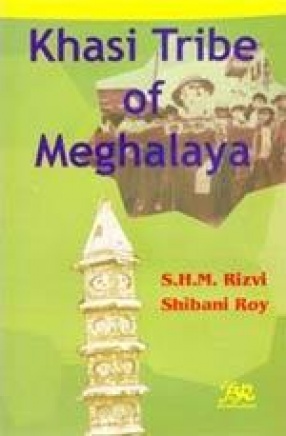
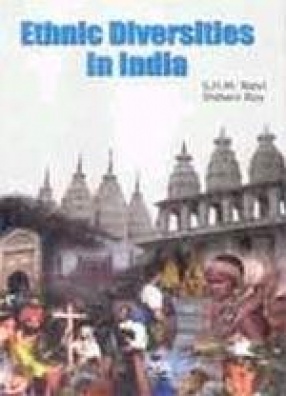

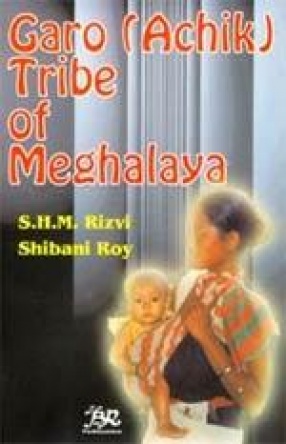
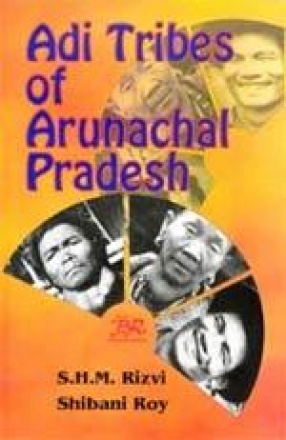

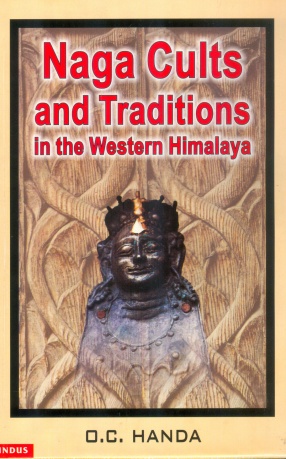
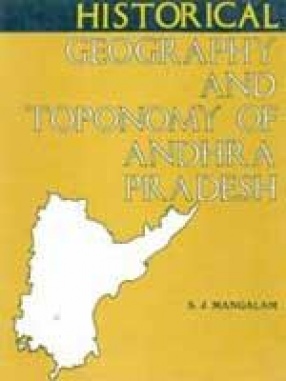
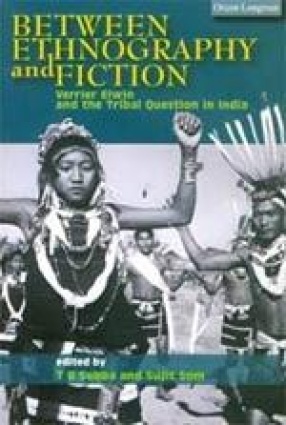

Bibliographic information
S.H.M. Rizvi